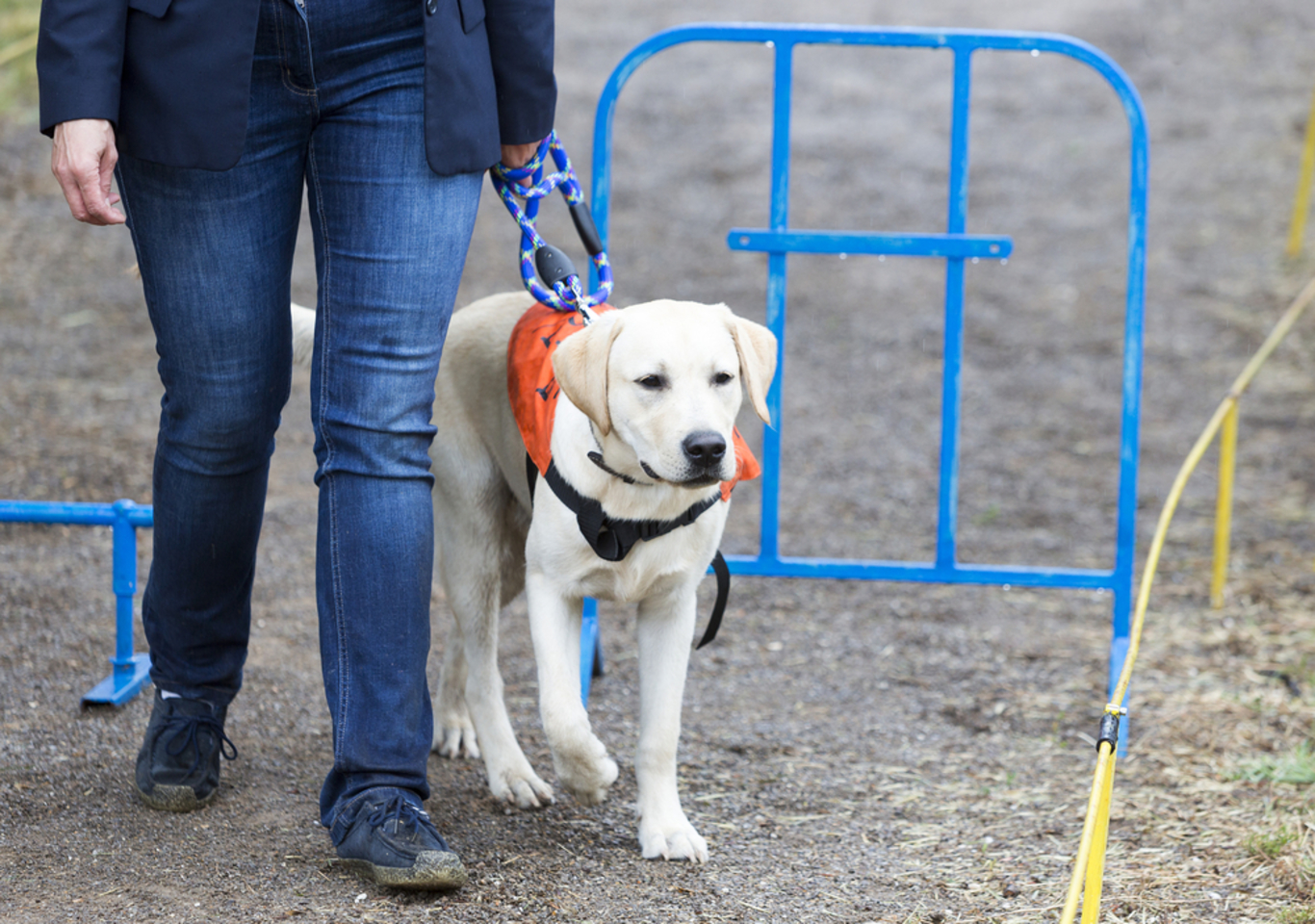'I'm blind and employed - but I'm the minority. Here's how employers can change that'
It often doesn’t take a lot for companies to mine this largely untapped talent pool.
I CONSIDER MYSELF quite fortunate; I’m an Irish person with a disability who is employed full-time.
This is something that many people take for granted – the opportunity to live independent lives thanks to full-time employment.
‘Disability’ is a word that scares off many potential employers because of the unknown.
They wonder: How will we accommodate a person with a disability in our workplace, and at what cost?
The good news is that there is a small but growing number of enlightened employers who look beyond one’s disability and just see a person with skills to offer.
As Ireland looks to further reduce unemployment, any company that does not consider hiring a candidate with a disability is cutting itself off from a significant pool of talent that could make a real difference to the business.
In the past, I have worked with the Association for Higher Education Access and Disability (AHEAD) which is doing great work with companies, large and small, to highlight the benefits of employing graduate candidates who have a disability.
In fact, I first started with Enterprise as a graduate management trainee intern through AHEAD’s six-month placement programme specifically geared towards graduates with a disability.

Still, for many companies, there’s a prevailing stereotype that equates disability with difficulty and cost.
However, research from AHEAD has shown that in 60% of cases, companies encountered no additional cost to employing a candidate with a disability.
In the other cases studied by AHEAD, there was some cost for employers in providing what they call ‘reasonable accommodations’ to adapt the workplace to enable new recruits to function like any other member of the team.
With all that in mind, here are a few simple things employers can do to make the most of this largely untapped pool of talent:
1. Don’t be afraid to ask questions
Many employers are afraid to ask candidates who are disabled about their logistical needs during the interview stage, but this is the time to be direct.
Don’t be afraid to ask a candidate for specific details surrounding their requirements.
Advances in technology mean that blind and partially sighted people can now overcome many of the barriers to work that they faced in the past.
By speaking openly with the individual, employers can avoid making assumptions about what a potential candidate can and can’t do and both parties can work together to find solutions.
In my own case, I was very clear about the modifications I needed. Enterprise then provided a tailored assistive technology solution that included the development of new software that integrated the company’s reservations system with Braille reader technology.
2. It may not require significant investment
Visual impairments vary by individual, with only 5% of those who are visually impaired being completely blind.
As a result, only minor and inexpensive modifications may be required to allow an employee to reach their full potential.
For example, partially sighted people may only need slight adjustments made to existing workplace infrastructure, such as increased lighting, the activation of PC screen-reading – which comes as standard with many operating systems – or enlarged text in printed material and on devices.

And if more advanced equipment such as computer Braille display is required, like what I use, there are grants available to help employers provide these tools to employees who need it.
3. Engage external agencies
There are a lot of resources and supports available for equal opportunity employers.
Be sure to make the most of advocacy groups like the National Council for the Blind (NCBI) and AHEAD.
The NCBI can liaise with HR, line managers and supervisors to provide advice on a range of topics, including grant assistance, how to accommodate employee needs, and disability awareness training for colleagues.
These support groups can also help with the more practical elements of employment.
Getting to and from a new place of work can prove daunting for many visually impaired people, which is something others can take for granted.
Fortunately, the NCBI can arrange guided commute practice runs for those who secure a new job – a service I took advantage of when starting at Enterprise’s office in Dublin. Measures like this can really boost a candidate’s confidence and will allow them to flourish.
As a community, we need to work together to change any negative perceptions of disability so that employers can instead focus on a candidate’s abilities.
That is what’s most important – encouraging employers to look at each person as an individual and see the many skills that they have to offer.
Christina McCarthy is an administrative representative at Enterprise Rent-A-Car.






